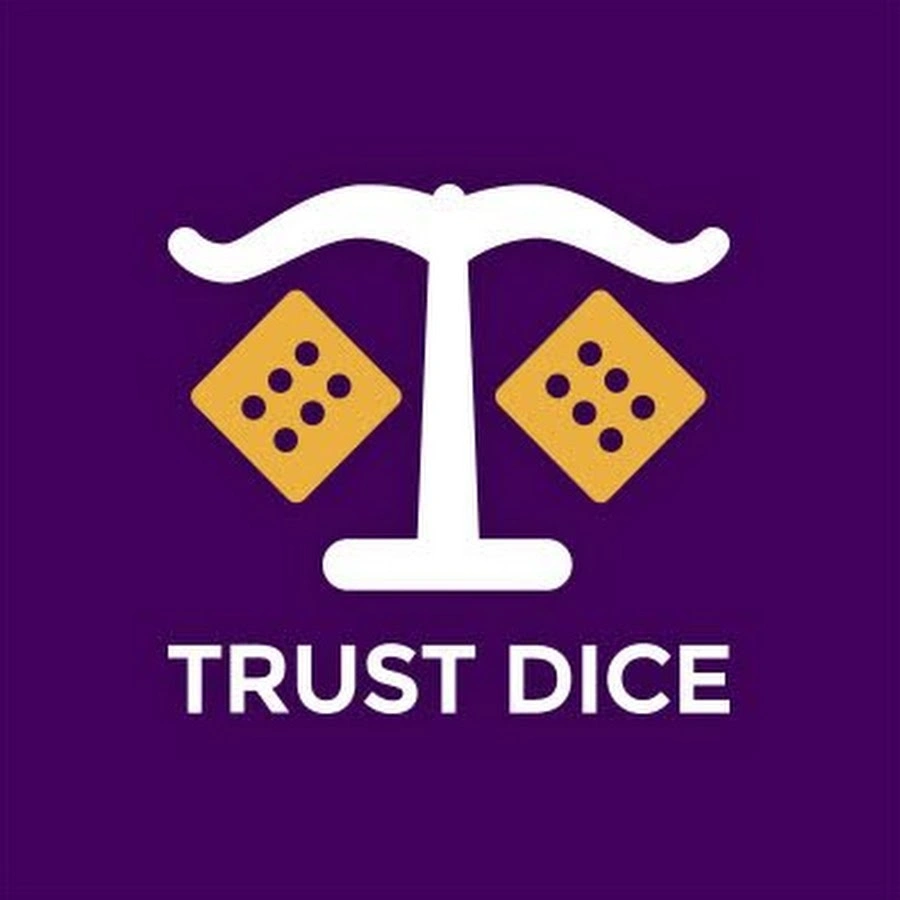Together, explore various coping strategies to empower individuals to navigate triggers while maintaining sobriety. Outdoor Addiction Recovery Group Activities like hiking or team sports not only promote physical well-being but also encourage teamwork and camaraderie. Meanwhile, art therapy sessions or music workshops provide creative outlets for self-expression and emotional healing. Role-playing offers a safe space for group therapy participants to confront their fears and negative thoughts. Acting in different scenarios can help patients to develop better coping strategies for difficult situations.
Journaling and reflection sharing are valuable recovery group activities that enhance self-awareness, provide an emotional outlet, and deepen connections within the group. They combine introspection with group support, empowering you to articulate your recovery progress and feel validated by others on similar journeys. Goal-setting and accountability partnerships are highly effective in recovery treatment programs like an intensive outpatient program. They build commitment to recovery, foster mutual support, and enhance motivation.
Challenging Group Discussions
Draw or paint a picture of something in nature that has found a way to thrive in a harsh environment, such as a cactus in the desert or tree roots bursting up from a sidewalk. Talk about your own resilience in the face of challenges and how you might learn to be more resilient in the future. Discuss the upside to stress, i.e. the positive role that some forms of stress can play in your life. As a way of encouraging recovery progress and supporting recovery success, many support groups use specific activities to keep their members engaged.
This game is great for mindfulness and can be done with a chocolate chip or any other small food item. Have each person hold the chocolate chip in their hands and go through their senses as a group. Have them hold it in their hand and consider how it feels and its weight, and then see it and analyze it with their eyes, then smell it, and so on. Once you get to taste, they can eat it and find the intention to swallow.
Highlight the importance of resilience and support systems in maintaining sobriety. Organize outdoor excursions to promote teamwork, trust-building, and effective communication among group members, reinforcing the importance of support networks in recovery. You can also encourage clients to replace addiction with healthy hobbies and transformative activities to uplift the recovery experience. Some people find it hard to say no to substance use in social gatherings or parties. Through this activity, you can encourage your participants to say no to drug use clearly. Those whose keys fit into the lock can sit together and discuss their challenges and offer insights into the recovery journey.
- Group therapy is a common approach used in the treatment of substance use disorders.
- It’s empowering to know you’ve got a arsenal of strategies at your fingertips when challenges arise.
- Under your guidance, the group can use cognitive behavioral therapy to overcome a challenge together.
- Addiction Recovery Group Activities Group activities serve as a powerful catalyst for building meaningful connections among individuals navigating similar paths.
Recovery Topics for Groups
Learning how to handle difficult conversations, set the 30 best substance abuse group activities boundaries, and refuse peer pressure are essential skills in recovery. Role-playing exercises help individuals practice these skills in a supportive setting. As trust within the group deepens, encourage participants to share their journeys, including struggles and triumphs, fostering peer support and solidarity. ChoicePoint aims to improve the quality of life for people struggling with substance use disorder and mental health issues. Our team of licensed medical professionals research, edit and review the content before publishing. However, this information is not intended to be a substitute for professional medical advice, diagnosis, or treatment.
This transformative time brings significant changes, challenges, and opportunities for growth as you build the… Facilitate a discussion on gratitude where participants reflect on positive aspects of their lives, fostering a sense of appreciation and optimism. Sharing gratitude promotes a shift in perspective towards the present moment. Encourage individuals to reflect on their recovery progress by discussing past achievements and setting future goals.
If you or a loved one is interested in group activities for adults in recovery, we can help guide you! Our highly-trained therapeutic and clinical experts at Oasis Recovery offer a safe and comfortable space for clients to undergo addiction treatment. Our medical experts offer a wide range of services and amenities tailored to meet your particular needs.
Heroin Withdrawal Symptoms, Timeline & Detox for Heroin: Complete Guide
Participating provides a sense of belonging, reduces feelings of isolation, and reinforces positive behaviors. The diversity of perspectives within a group setting encourages participants to view their struggles in new ways and adopt effective coping mechanisms. Additionally, peer support can be incredibly motivating, helping individuals stay committed to their recovery journey. By participating in fun substance abuse group activities for adults, individuals in recovery not only find joy in sobriety but also develop essential life skills and coping mechanisms. Substance abuse recovery is a challenging journey that benefits from a strong foundation of determination, support, and connection. These ten group activities provide structured, practical opportunities for participants to develop coping skills, build community, and express themselves meaningfully.
- Alternatively, group members can take turns drawing cards, but all group members are encouraged to share their answers.
- Together, they can celebrate progress, overcome challenges, and embrace a brighter, substance-free future.
- Regular engagement in journaling exercises helps individuals track their progress and reflect on their growth, reinforcing their commitment to sobriety.
- If the group is too big, you can split members into small circles or have them pair up and reflect on a list of questions together.
- Engaging in substance abuse group activities for adults can foster a sense of camaraderie while aiding in the healing process.
- In this activity, members create individualized relapse prevention plans, identify their specific warning signs, and develop strategies to seek support before a potential relapse.
CBT For Substance Abuse Recovery: Does It Work?
Organize a group nature walk where members can reconnect with the outdoors, reduce stress, and find peace in a natural setting. Want to enroll in group therapy or sign up a loved one for substance abuse counseling? Invite individuals with successful recovery stories to share their insights with the group. Alternatively, invite experts to speak about topics like the neuroscience of addiction. Ask participants to create visual boards showcasing their recovery goals and aspirations to ignite stimulating conversations and reflection.
Up to 60% of people with substance use disorder relapse after treatment. This could include severed relationships, health issues, or financial issues. Heroes and role models can serve as a shining example for people on the path to recovery. Ask participants to talk about people who have had a positive impact on their lives that they wish to emulate.
After all, a life reclaimed from addiction should be one worth living – and enjoying – to the fullest. Emmy is a content specialist dedicated to helping brands boost their online presence and reputation through tailored, well-researched copy. With expertise across diverse niches—including mental health—she crafts messages that resonate with target audiences. This type of therapy is particularly helpful in processing complex emotions, minimizing stress, and encouraging self-discovery. Engaging in artistic activities has been shown to lower cortisol levels, the body’s primary stress hormone.
Share This Post
This open dialogue minimizes feelings of shame and isolation, paving the way for self-acceptance and healing. Substance abuse group activities are one of the most intimidating parts of rehab for many people. Addiction isolates you from those around you, such as friends and family, and you get used to mostly being on your own.







